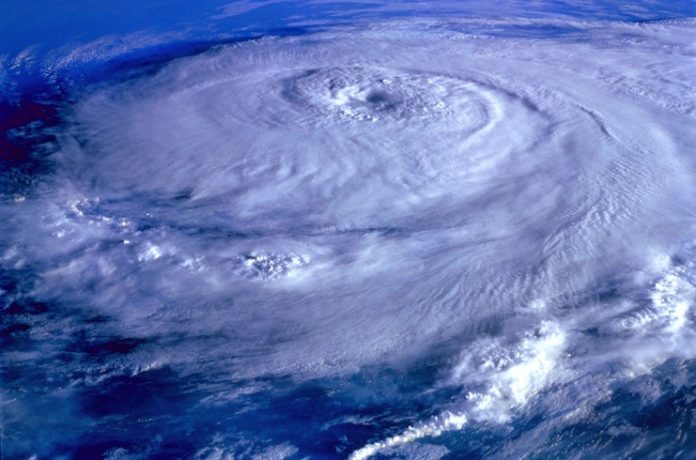Broomfield, Col. — Most key hotel markets in Florida, especially those in coastal areas, saw significant demand declines as Hurricane Dorian threatened the southeastern seaboard, according to an analysis from STR’s Consulting & Analytics team. Demand losses around Dorian were greater for Florida markets than those recorded in the Carolinas.
For the purpose of its analysis, STR focused on markets in the states most associated with the storm: Florida, Georgia, South Carolina and North Carolina. The analysis factored the extended Labor Day weekend as well as a comparable period from last year that would have been affected by Hurricane Florence.
For the seven-day period of 30 August through 5 September, the Florida Keys (-50.1 percent) reported the largest demand decline followed by Daytona Beach, Florida (-37.4 percent); Savannah, Georgia (-30.4 percent); and Myrtle Beach, South Carolina (-30.0 percent).
The largest increases in the metric came in Macon/Warner Robins, Georgia (+49.5 percent), and Augusta, Georgia (+27.6 percent).
“Such a demand shift is consistent with historical trends around hurricanes as residents typically flee the path of storms and head to evacuation zones,” said Alison Hoyt, STR’s senior director of consulting & analytics. “Additionally, Labor Day demand increases in most of the markets were due to lower performance last year as opposed to higher performance this year. Performance levels during the comparable week in 2018 were significantly affected by Hurricane Florence.”
Changes in revenue per available room (RevPAR), the industry standard metric, reflected the fluctuations in demand. The Florida Keys (-59.4 percent) and Daytona Beach (-47.0 percent) reported the steepest declines in the metric. Macon/Warner Robins (+79.4%) and Augusta (+42.9 percent) posted the largest gains.
“The long-term performance impact from hurricanes is largely dependent on length of storm and the amount of damage,” Hoyt said. “Ultimately, the number of residents in need of extended lodging because of damage to their homes dictates changes in hotel performance. Fortunately with Dorian, reports suggest that most U.S. markets avoided large-scale destruction, especially when you consider the devastation in the Bahamas, so we don’t expect an extended impact in the U.S. data.”











